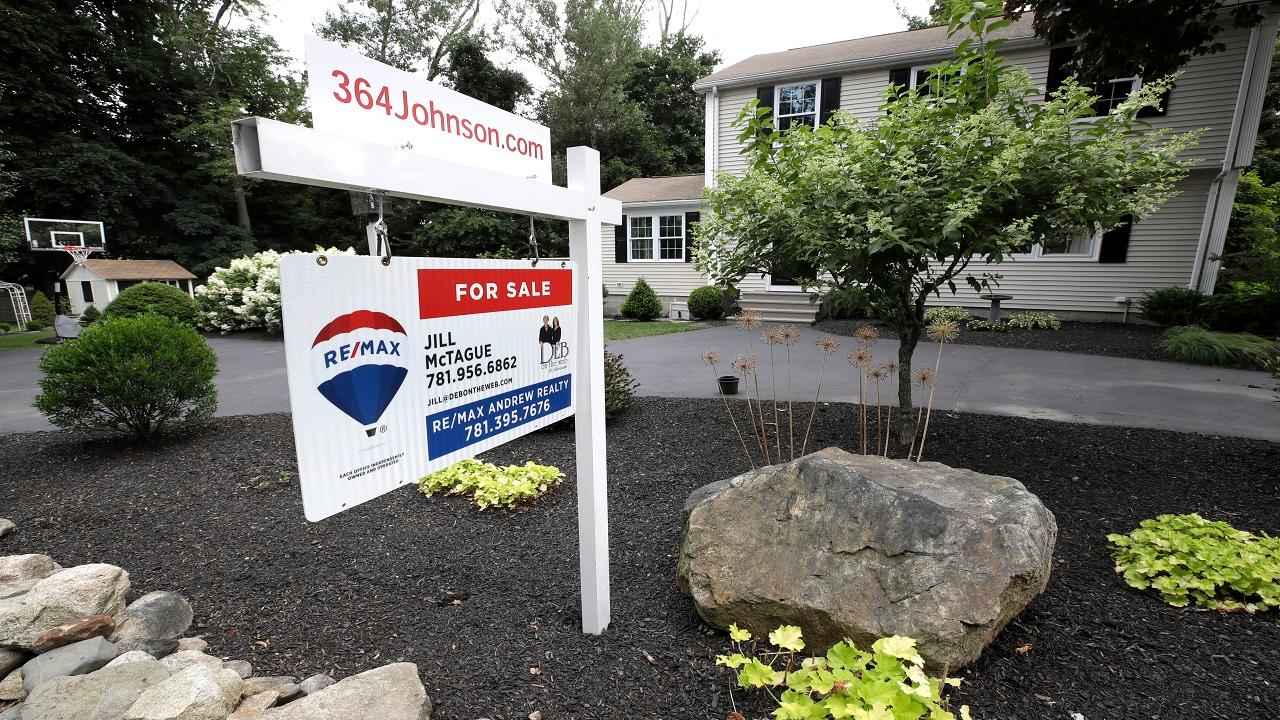Coronavirus relief: What is forbearance?
Number of loans in forbearance increased to 2.66% from 0.25% between March 2 and April 1
Get all the latest news on coronavirus and more delivered daily to your inbox. Sign up here.
One of the key relief measures financially distressed Americans have been offered during the coronavirus crisis is mortgage forbearance.
But what exactly does forbearance entail?
Forbearance is when a lender allows you to pause or temporarily reduce mortgage payments with the expectation that you will repay everything back in full over time.
CORONAVIRUS UNEMPLOYMENT TIPS IN NEW YORK: HOW TO SPEED UP YOUR APPLICATION
How the money is repaid can vary based on your agreement with your lender. For example, repayment could be required in the form of a lump sum.
Typically, an individual is required to show proof for the reason given for postponement – like job loss or a serious illness.
CORONAVIRUS STIMULUS CHECKS: WHO GETS MONEY AND WHEN?
As previously reported by FOX Business, the total number of loans in forbearance increased to 2.66 percent from 0.25 percent between March 2 and April 1. Forbearance requests grew by 1,270 percent during the first half of March – and another 1,896 percent during the latter half of the month.
The surge is not surprising. Part of the multitrillion-dollar stimulus package passed by lawmakers last week called for lenders, including Fannie and Freddie, to allow people to put their payments on hold if they are experiencing coronavirus-related financial difficulties.
CLICK HERE TO READ MORE ON FOX BUSINESS
The upside of the forbearance policy is that it could position the market for a quicker rebound once the economic situation normalizes.
“Less foreclosures assure stable home prices and a much better position for the economy to return back to normal after the pandemic,” Lawrence Yun, chief economist and senior vice president at the National Association of Realtors, told FOX Business.
However, those who can continue making regular payments should do so, advised Yun.
“The missed payments are not forgiveness but are tacked on at the other side of the life of the loan,” Yun said. “Or if needing to sell a home in the near future, then there is less equity by the amount of the missed payments. So it is an honor system but also honorable to keep paying if not impacted from the pandemic.”
GET FOX BUSINESS ON THE GO BY CLICKING HERE
